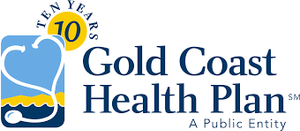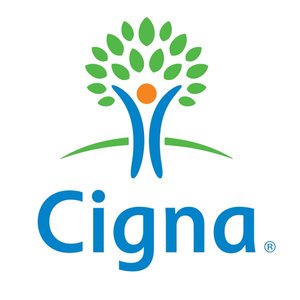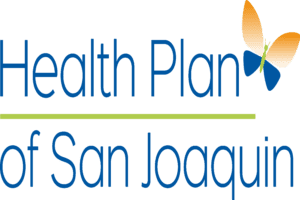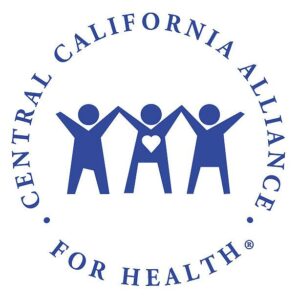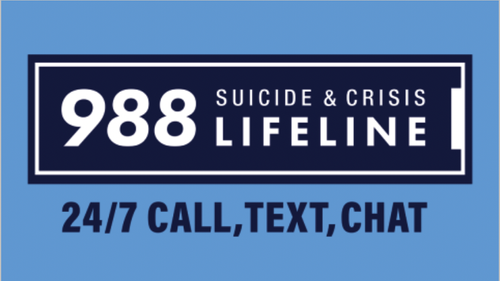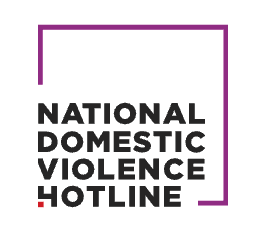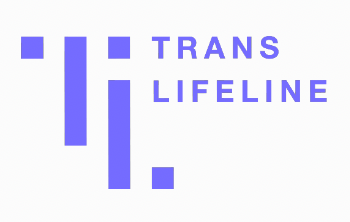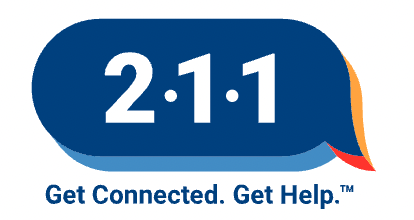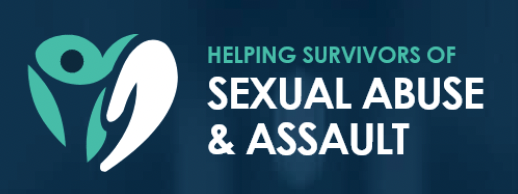What is The Gottman Method?
The Gottman Method is an approach to couples therapy developed by Drs. John and Julie Gottman. It is grounded in extensive research on couples and focuses on improving relationship satisfaction, communication, and conflict resolution skills. Here’s a brief overview of the key components of the Gottman Method:
Assessment
The Gottman Method begins with a thorough assessment of the couple’s relationship. This includes interviews, questionnaires, and observations to understand each partner’s perspectives, strengths, areas of concern, and the dynamics within the relationship.
Sound Relationship House
The method is based on the concept of the “Sound Relationship House,” which outlines the seven principles for a healthy relationship. These principles include building love maps (knowing each other’s inner worlds), fostering fondness and admiration, turning toward each other instead of away, accepting influence, solving solvable problems, managing perpetual problems, and creating shared meaning.
Emotional Bids and Turning Towards
The Gottman Method emphasizes the importance of recognizing and responding to emotional bids—small requests for attention, connection, or affirmation from your partner. Responding positively to these bids by turning toward your partner fosters emotional connection and builds trust in the relationship.
Conflict Management
The method focuses on teaching couples effective conflict management skills. This includes strategies for de-escalating conflicts, active listening, expressing needs and concerns without criticism or defensiveness, and finding compromises that address the needs of both partners.
Building Friendship and Intimacy
Developing a strong foundation of friendship, trust, and intimacy is essential in the Gottman Method. Couples are encouraged to engage in activities that promote emotional connection, positive interactions, and shared experiences.
Strengthening Communication
Effective communication is a key component of the Gottman Method. Couples are taught skills for expressing themselves clearly, actively listening to their partner’s perspective, and responding empathetically.
Love Maps and Rituals of Connection
Love maps involve knowing the details of your partner’s life, dreams, and aspirations. Rituals of connection are shared activities or routines that create a sense of security and connection within the relationship. The Gottman Method emphasizes the importance of developing and maintaining these love maps and rituals.
Repair and Forgiveness
The method emphasizes the importance of repairing and recovering from conflicts or emotional injuries. Couples are taught techniques for offering and accepting apologies, making amends, and rebuilding trust and connection after disagreements.
The Gottman Method aims to provide couples with practical skills, insights, and tools to enhance their relationship, deepen their connection, and navigate challenges more effectively. The approach is often delivered through a structured therapy format, but many of the principles and strategies can also be applied by couples outside of therapy to strengthen their relationship.
Get The Help You Need, When You Need It
Get matched with a therapist that offers 1:1 care and accepts your insurance.
Our Approach:
Client Reviews
I am very satisfied with my therapist. She does an amazing job understanding what I have to say and she gives amazing feedback as well which really helps me a lot. She is so incredible and so nice.
”My therapist Olivia has been amazing.
”My therapist is amazing and I couldn’t imagine working with anyone else each week.
”I like that Laura & Anne were available when we called & answered our calls right away!
”I very much appreciated the sense of urgency and attitude that was given to me during my intake process
”I would just like to say that I am very grateful and very blessed to have found Bridges Therapy. It has been so helpful and so supportive and so wonderful so far, so thank you!!
”





